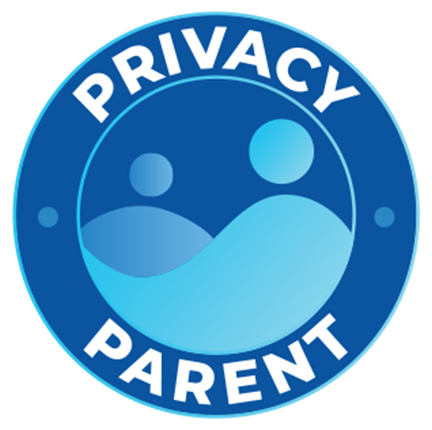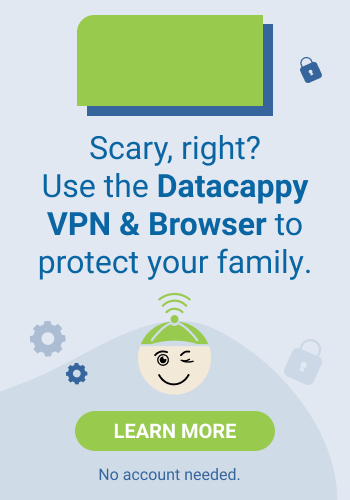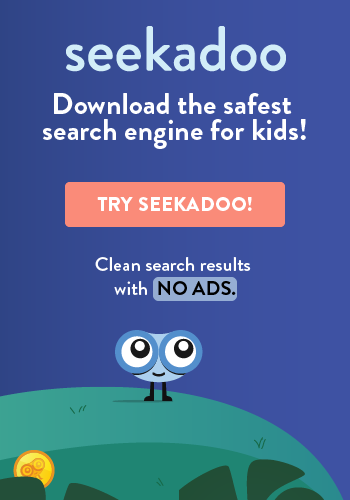
In the past decade children have been given access to the Internet at increasingly early ages. Whether it is on a tablet device in school or a home computer, the digital age has helped to open the doors to new learning opportunities. However, just as previous generations learned how to use the Dewey Decimal System, so too will today’s youth need to learn proper research methods online.
Mounting homework assignments and never ending research projects often make teenagers turn to the easiest solution. Unfortunately, while it might be tempting to take the easy road and use Wikipedia or another free information source, the risks of misinformation are too great. First and foremost, Wikipedia is a general encyclopedia, which means that its entries often contain general or rudimentary information. Additionally, there is no way of knowing if the person editing Wikipedia entries is actually an expert in their field. In other words, the potential for reading and remembering inaccurate information is too great when children and teens are taught to rely on Wikipedia or other free encyclopedias.
Not only is the risk of misinformation too great to make Wikipedia a reliable source, but it can also open the door for privacy breaches. To avoid privacy violations, it is important that parents pay for a subscription to an Academic-level online encyclopedia. As an added privacy protection measure, secure search engines and services with Virtual Private Networks (VPNs) should be used when conducting online research.
A VPN is designed to create a virtual encryption, so that your data remains secure from prying eyes. It also masks your digital identity, which in an age of data theft and hackers, is vital to the protection of you and your family. Keep in mind that without the right security measures, free online encyclopedias are at a higher risk for attracting hackers and other unsavory characters. For example, Wikipedia does its best to monitor the content and information listed on each page. However, as a free source that anyone can edit, it is at an inherently higher risk than its subscription-based competitors.
Finally, it is important that both children and teenagers are taught safe and appropriate research tactics. Teaching safe online research strategies is made easier when you use a service strategically designed to remove unwanted advertisements, cookies, and disreputable third-party hosts. It also puts you back in control of your online privacy, so that you can keep your children safe as they complete their homework assignments and research projects.
For an added level of protection that puts the focus back on learning, a child safe search engine is a way to ensure that children continue to learn, while simultaneously removing the risk of privacy infringement or misinformation.






